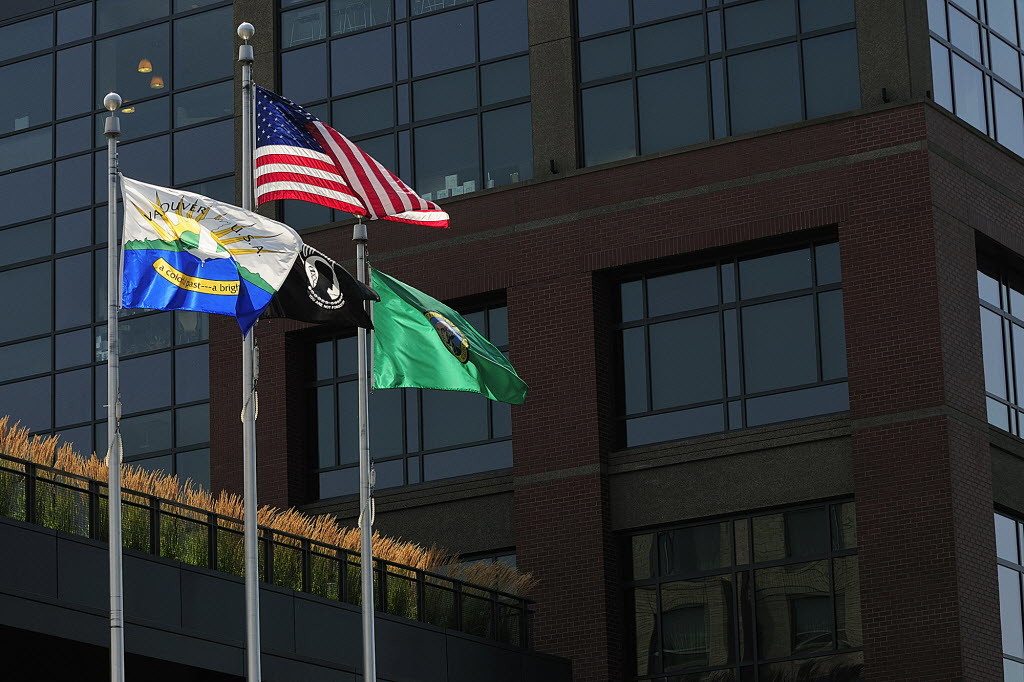On Monday night, the city of Vancouver focused on cats and dogs.
But watch out, rabbits and chickens — you’re next.
Councilors unanimously approved a measure Monday night changing the city’s animal code to create a community cat program. The plan: spay, neuter, vaccinate the cats and return them back to where they were originally found. It’s backed by the Humane Society for Southwest Washington with the hopes that fewer cats would need to be euthanized.
The city also made it more expensive to legally own family pets. The increase in licence fees would help the city raise revenue and allow Clark County Animal Control to add one or two additional officers.
Clark County recently discussed increasing pet licensing fees as well.
Paul Scarpelli, county animal protection and control manager, told county councilors he’s tried to avoid increasing fees, but protection control services faced a $236,722 cut in the proposed 2017-2018 county budget and it’s been 13 years since fees have increased.
Monday’s City Council decision aligns the city and county codes to make it easier for citizens.
Some of the key changes made in the animal code Monday night include:
• Increasing annual licenses fees for the first time since 2004. The fees for neutered or spayed cats would increase from $10 to $20; for neutered or spayed dogs from $16 to $25; for non-neutered or spayed cats from $20 to $40; and for non-neutered or spayed dogs from $40 to $50.
• Free animal licensing for low-income households and a reduction in licensing fees for senior citizens. It would remove the fee waiver, however, for service animals.
• In order to better track animals, the code modification would require an email and physical address for animals that are being licensed and require the microchip number, if there is one, for an animal being licensed.
• Allow for a community cat program to spay or neuter and vaccinate feral or community cats and return them to where they were originally found.
• Make it easier for people who want to exchange a dog or cat for another animal within 14 days of adoption.
The code changes take effect in 30 days. There was little discussion and no public input at the meeting. But Councilor Ty Stober did ask when the city would be discussing other animals, such as chickens and rabbits.
The answer: the first quarter of 2017.




